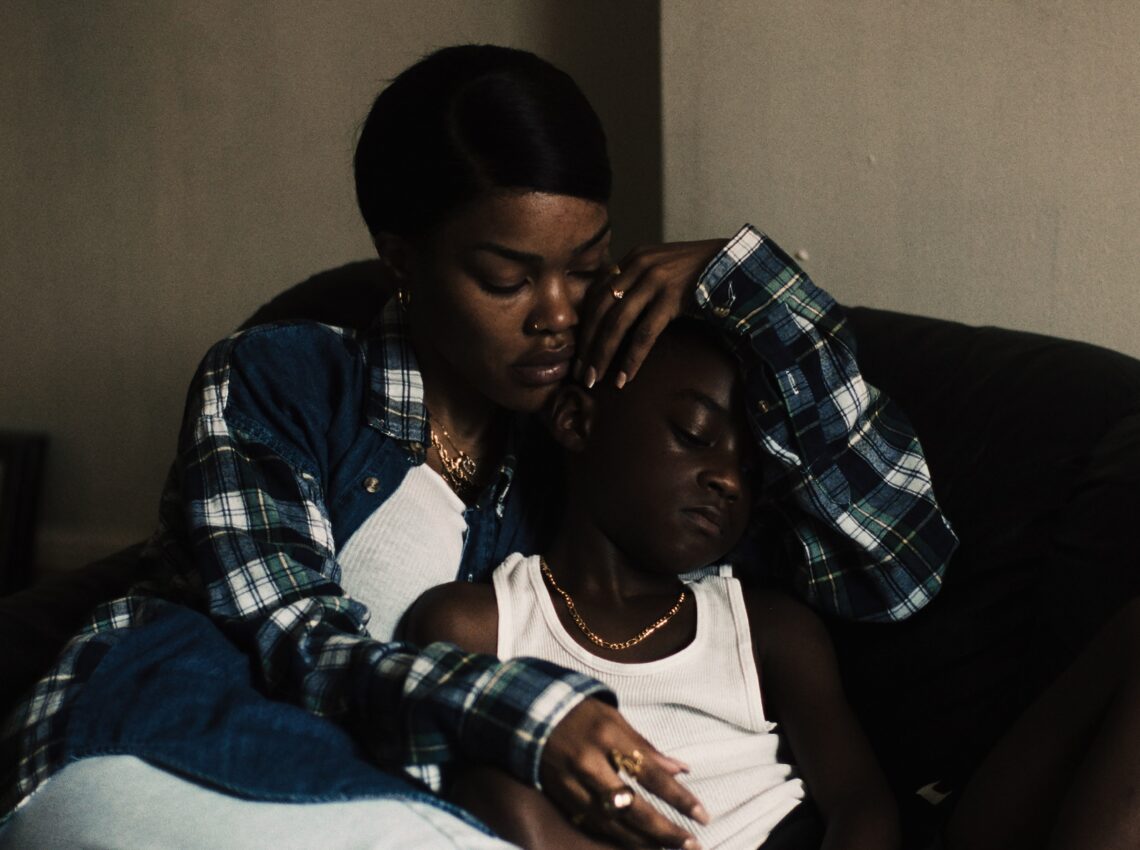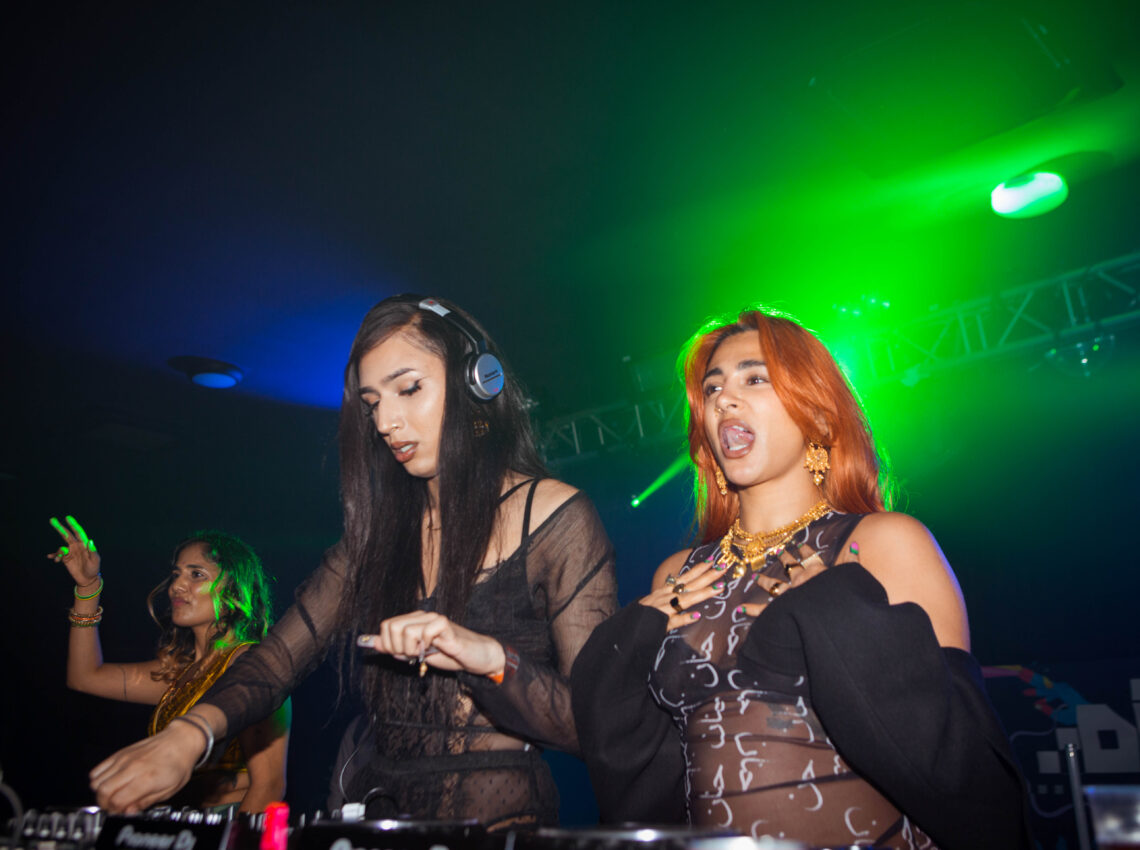SHAY LIA ON HER LATEST SINGLE, TAKUTÁ
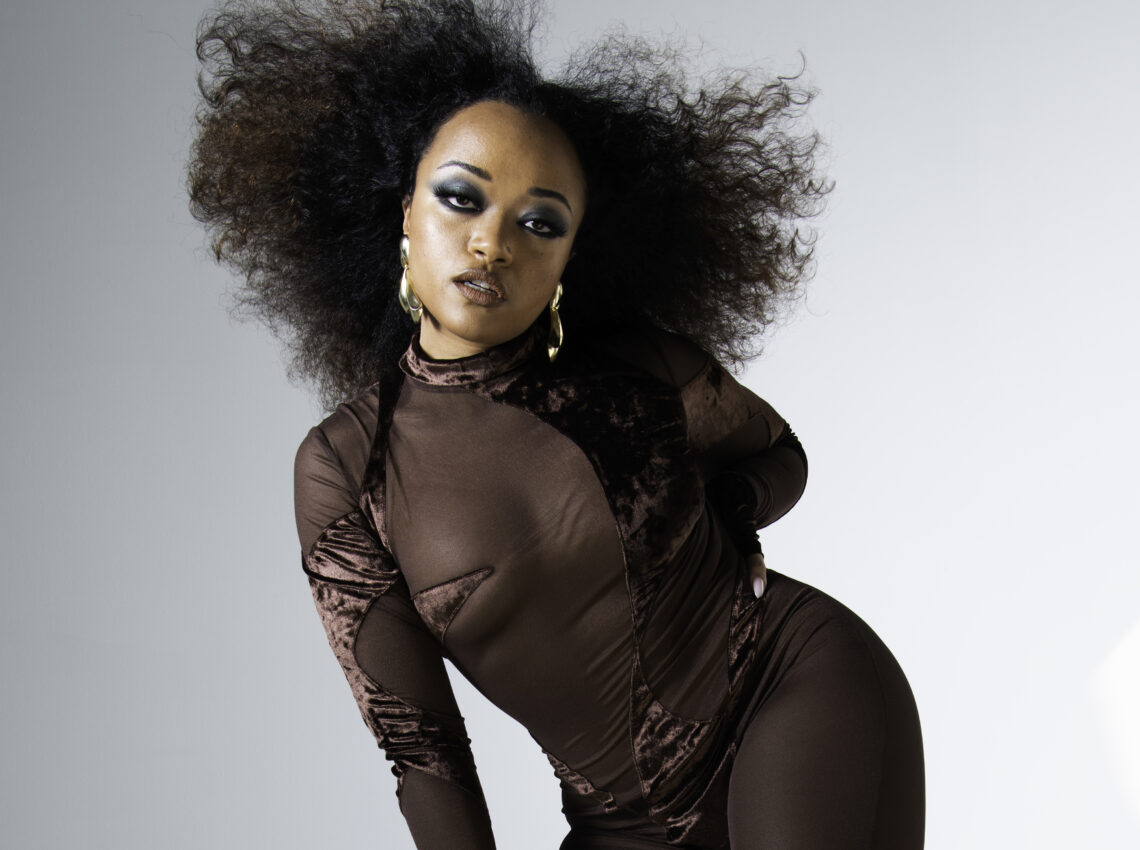
Shay Lia made her comeback with fiery new single, ‘TAKUTÁ’ late last month. You may know her as the featured singer on ‘CHANCES’ and ‘Leave Me Alone’ by Kaytranada – who is a frequent collaborator of hers – or even from Kaytranada’s Boiler Room viral Montreal set. However, she’s proved she’s an artist in her own right with her glossy vocals over an array of upbeat, genre-bending production. Her latest single demonstrates her versatility as an artist.
What have you learned about yourself as an artist in the three year break you’ve taken from releasing music?
I think I’ve learned more about myself as a person, especially as a woman. I’m more patient, I’m quite tough actually. I’ve learned more about how outgoing I am. I’ve always been quite shy and reserved but I can be extremely social and I don’t think I realised it until now. And also I need to be super happy to create music; I’m not that kind of artist [who can make music when they’re sad]. If I’m not good, it’s not pouring out of me. I’m still figuring it out and I think this new phase, this new era will show me the difference eventually and I’ll be able to compare both, but I’m still really in it and designing it still.
How do you feel being raised in Djibouti has impacted your music?
It’s East Africa – close to Somalia and Ethiopia so it’s much more conservative. Music is part of the culture, but mostly in the tribal way like when there’s celebrations, it’s like that in Tunisia aswell. I think my music in itself, it was mostly me escaping from reality. My mum loves R&B, my dad loves pure genres, like jazz, blues and reggae, and so I took all of this and discovered YouTube back in the day and I searched for all the archives and everything I could find. Honestly, I’m a YouTube baby. I would’ve never made half of the music or the vision that I have music-wise without YouTube. That was more like my third identity. But what Dijbouti taught me in my culture is a level of pride in being different. Even the first songs I wrote were with Kaytranada. I knew he was super talented, but I wasn’t trying to make it trendy. ‘TAKUTÁ’ is the closest thing to what could be a trendy sound, but even then it’s more contemporary than actually trendy, it’s quite unique in its own way. It’s more a posture than an actual sound, I would say.
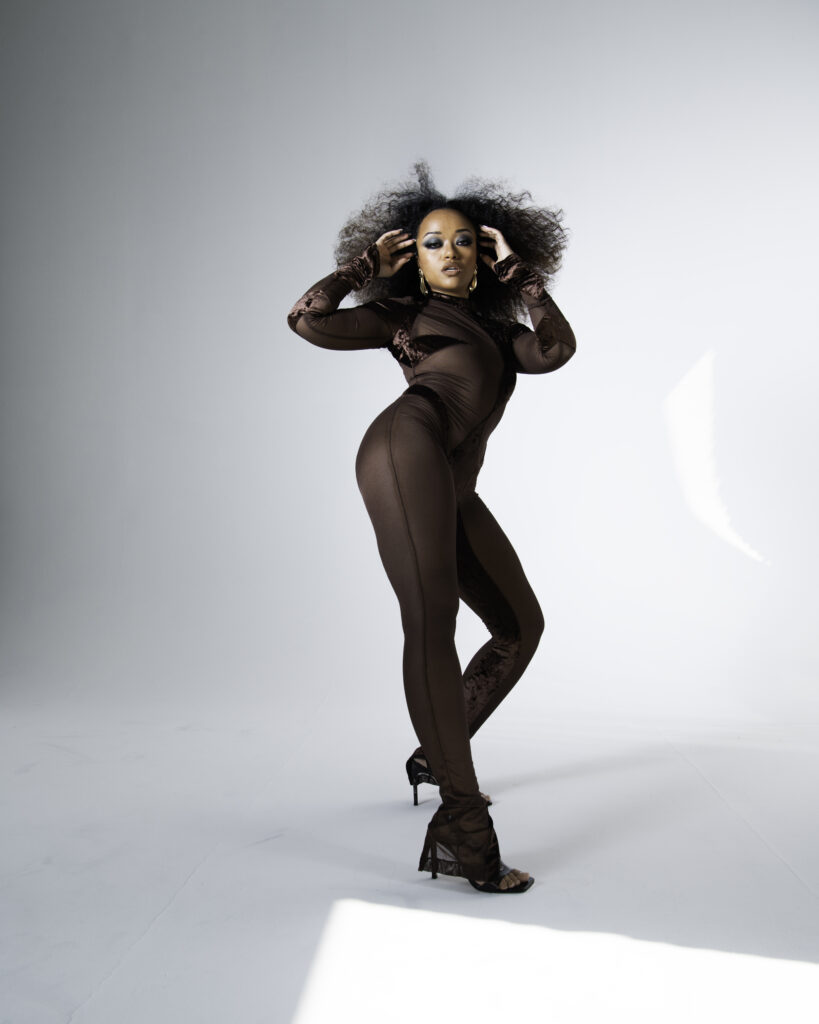
So where did the inspiration for TAKUTÁ come from?
From my life, honestly. We were in the studio with Andrés Rebellón, the producer – he’s from Colombia. I remember telling him
“I want a club song. I want a club vibe.”
We did everything from scratch together, trying to understand each other’s language. He was incredibly adaptive, and because of his background, he’s the one who was like, “You should do “TAKUTÁ, TAKUTÁ” on top of it.” We were laughing the whole time. I’m moaning half of the song, so it was just moaning in his ear for like 20 minutes and I’m such a perfectionist, I was like, “No, it’s not the right note.” He’s like, “I think we got it!”
It was just so much fun. The French came out naturally – I was speaking on it, I never speak. It was just me being me. I have my gay friends who are East African – they love this; I could see them dancing to it. I just wanted to create a song that would make sense to them, that would be fun. It was pure expression and fun, honestly.
The visuals for TAKUTÁ reference the Kaytranada Boiler Room video, what made you decide to implement your dancing from that viral video into the visual for your latest single?
That video is like 10 years old or something but every year it goes viral. I feel like people have been knowing me for being the one dancing – without that video – just when I go out or how I made connections was through dancing in a club, just having fun with friends. It’s one of those mediums where people connect with me super fast through and I thought, “Wait a minute, why?”. TAKUTÁ sounds like a song I could really challenge myself dancing fully for three minutes and I wanted it to look like a freestyle. The Boiler Room was one of the references because it was something that I could show to the choreographers or even myself that was just me being in the moment, it couldn’t be more natural. So, it’s not necessarily because it’s viral, but more so because it looks like a video of me going nuts naturally, which happens when I love the music still today and I wanted this essence to be in the video in a more elevated way.
It was empowering for me because instead of learning a whole choreography it was just pouring out of me naturally – freestyle energy, something that was personal. I felt like I could do it well because no one will do it like me, which comes back to the lyrics and it’s not in a cocky way. It’s more so we all have that special thing and we should share [it] with people. It was more some sort of reclamation and owning it instead of being like, “Oh, thank you for this Boiler Room and [a] super slow lovely song for you guys.” I was like, “It’s time. I’m ready.”
What’s something outside of music that you enjoy doing?
I get obsessive [over] things. I can spend time on YouTube watching [people] explore on top of mountains and explain how they got there. I watch a lot of documentaries about high fashion in Paris. I get obsessive on things for like two months and I watch everything I can find about it. I was like that since I was a kid and it makes my friends laugh a lot. I like painting sometimes for fun.
It’s very random, I can’t really focus. I’m glad it works with music ’cause in general I’m very all over it and I do all kinds of things. [So,] the gym, dancing of course, and laughing with my friends. I’m all about quality time, so I find ways to do cool stuff with them.
How does your new music that you plan to put out later in the year differ from your old music?
I would say that it’s more pop. I’ve written everything, so it’s me, I make sure to do so, although there might be more collaborators on the new music, but I make sure [to write everything], I love so many different types of sounds. I love Motown, but I love the biggest Motown artists, they were pop back then for their time. I make sure to write everything so there’s a common thread to it, but it’s definitely more of a pop position. It’s still my warm self, always. That’s my soul, so it will always be this way. All the songs [are] going to be quite different from one another, so I hope people don’t expect TAKUTÁ to be the face [of my new sound]. I’m still exploring and I was feeling this new energy, so maybe bolder, more expressive in a way, more calm and very eclectic. I’m just gonna do what I like, put it together, we’ll see how people react and then from then we’ll see with the album or the project after.
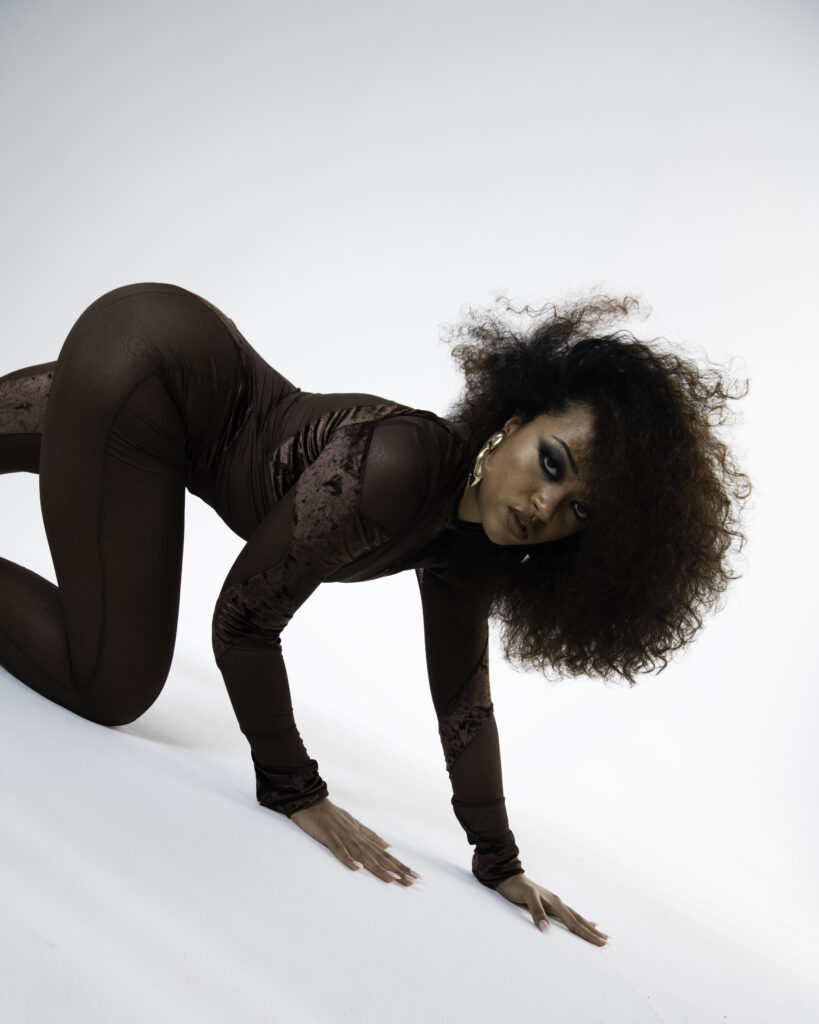
Tell us about your creative process when making music and what do you enjoy most about it?
I love people and I’m very empathetic and sensitive, so I love being in a studio. I’m in Montreal, not living in LA so all my early collaborations were [done] remotely so I know how to be in my bubble, put myself in that energy and receive an instrumental and write the whole song to it. ‘Leave Me Alone’, all of these songs I was on with Kaytra, I wrote the whole song myself, I sent it to him, he switched stuff and then it was out – so it was like 50/50. But now that I know the luxury of a proper studio session, I’d rather be with them, ’cause we go from scratch. It’s magical a little bit, creativity in that sense, if it goes really well, it’s a specific memory you share with the artist – it’s a moment of connection. ‘TAKUTÁ’ has that special energy because of how fun it was in the studio, so again the process, it really depends. My favourite process out of everything in the whole music thing is creating the melodies – [there’s an] instrumental playing and then a mic and I just hum stuff – whatever comes to me, it’s very similar to dancing because you don’t think. It’s like you’re in a trance and then you listen back and structure it and you find what could be the verse, what could be the chorus and it creates a song. So to me, the lyrics [are] a different process, but to me the melodies – it’s my favourite thing.
How does each relationship that you have with each of your producers vary?
I think it varies like it does with people everywhere. It can evolve. It can start as a friendship or just more like fellow artists – and we have that similar chemistry because of what we’ve listened and our love for each other, but sometimes we’re not necessarily friends and it really does evolve. What I like and what’s different from normal connections out there – it’s that common love for music. It feels like being a kid, honestly. There’s that level of candid energy that I don’t necessarily find everywhere else. It’s the music industry though, so sometimes there’s those layers as well but when you pass that and it’s with pure artists it can get really candid and sweet in a way ’cause we’re just doing what we love the most.
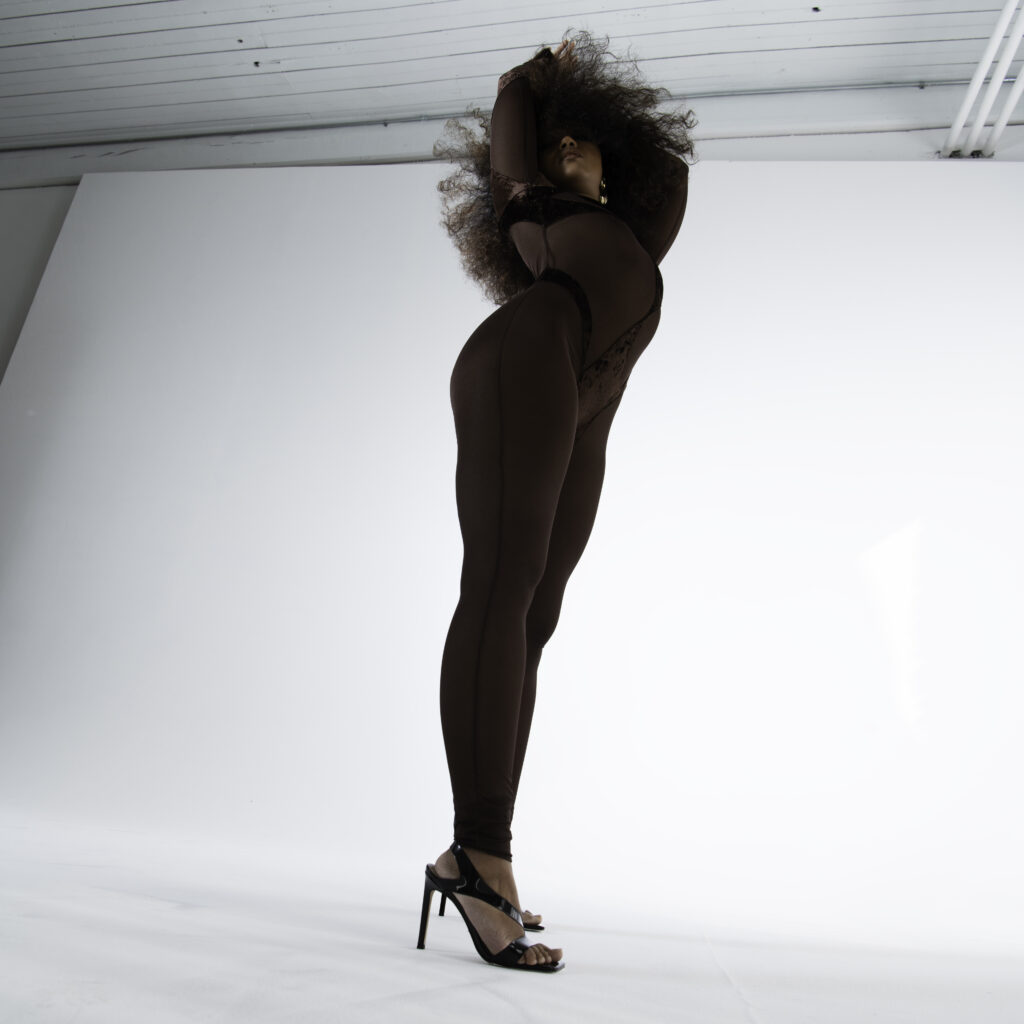
What or who influences your writing and the kind of production that you work with?
My taste – I have no idea. I started [working] with Stwo, Pomo, Kaytranada – I love a good groove and a strong bassline and that was all Kaytra too back then – it still is till this day, that’s his specialty. So it’s my taste, which is the result of hours and hours of not doing my homework and being on YouTube when I was 13 and 12 and discovering all the Janet Jackson and all the R&B and Motown and Soul music. I know what I like when I do – I don’t really think about why too much, but what I always say is that across my music, it’s mostly warm and there’s always a strong bassline, no matter the type. Even ‘TAKUTÁ’ is super electro – that’s what moves me. I grew up in different places, listened to different types of music. It’s too much for me to know exactly. So sometimes I do mention Janet ’cause it’s an obvious inspiration and people can see it, but I don’t know if Janet would do ‘TAKUTÁ’. It’s a lot of mixed things all together, but groove and warm tones.
What can we expect to see from you this year?
Very simple – doing my job. It’s been three years that I’ve been doing it, but I’m now able to do it in the spotlight more. I’m an independent artist – there’s a lot of things we are hands on [with] so we see the amount of work it takes and it takes a lot of work to put it all together. But yeah, just doing my job this side of the spotlight properly and building it from there because I think I have a nice foundation base now and I really want to build on that. I’m excited, so you should see me out there more – what an artist that is promoting their stuff should do.
Stream Shay Lia’s latest single, TAKUTÁ here.




![ZINO VINCI’S ‘FILTHY & DISGUSTING’EP BRINGS YOU TO THE CORE OF THE ARTIST [@ZinoVinci]](https://guap.co/wp-content/uploads/2023/10/Zino-4.jpg)

